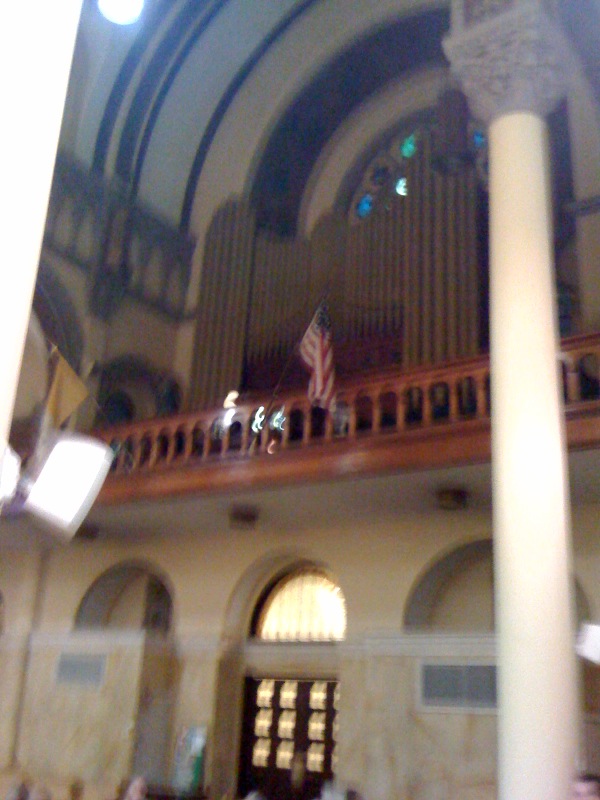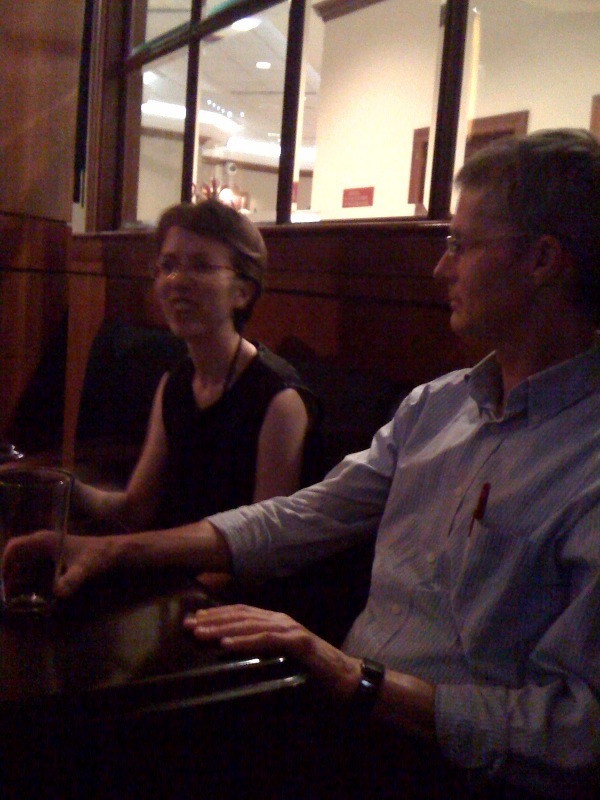Ten years ago, it was exceedingly difficult to hear or experience the Dies Irae of the Requiem Mass. That was before the age of Youtube (where there are dozens of recordings and performances) and also online editions, as well as ever more use of this grand and glorious Sequence in the Catholic Mass. For reasons that seem very unclear at this late a date, someone apparently had an issue with this chant and discretely failed to list it for the Requiem Mass in the post-1969 liturgical books. But that doesn’t mean that it cannot or should not be sung, for one of the blessing of the new liturgy is its liberality and openness to a wide range of traditional experience. So while the chant it is not printed in the books, it can still be used in the Mass, and so it has been at the Colloquium for many years now.
This year was special in many ways. The chant was never rehearsed ahead of time. We had a plan for alternating low and high voices but we did no dry runs before Mass. But it was hardly necessary. The intonation began, the low voices picked up the song, and then the high voices took over at the double bar. On it went through the haunting melody and text from first to last, with 250 singers spread randomly throughout the large parish space. It was an amazing sound, all encompassing. It is a long chant but it was strangely disappointing when it ended. I think everyone wished it could have gone on longer.
It was not in the interest of an “authentic” performance that the air conditioners and fans had all been turned off in the parish. It was to keep down the static noise level. But, to me, the temperature of the building was nearly sweltering, and grew hotter throughout the Mass. To sing this stunning music of the Requiem Mass in that temperature did lend to the experience something approximating authenticity. I didn’t hear a single complaint about it. It would have seemed unseemly, given the subject matter, which the fiery Gradual from Brouwers’s high-voice schola seemed to capture perfectly.
Fr. Pasley’s homily was absolutely brilliant. He reminded us that the purpose of this Requiem was to pray for the departed souls of the deceased members of the CMAA. He told of their trials and struggles and all the sacrifices they had made professionally and personally for the cause, at time when telling the truth about the music of the Church and keeping it alive was to write yourself out of the history books. Of course the trends of history have changed, and now the current generation looks at people like Msgr. Richard Schuler and the others as prophets who saw the future. They did not live to see their cause victorious. Maybe we will not either. We must think beyond our time and time itself – and isn’t this the very point of the liturgy?
Following the Mass, we made our way to the next sessions. To everyone’s amazement, the clouds began to darken suddenly and sheets of rain came pouring down on Pittsburgh, trapping hundreds in porticoes of buildings and under canopies. The rain did not let up for a long time and many had to make their way to dinner and become soaked along the way. But we greeted a great crowd in the dining hall, ate fresh Southwestern food, and listened to a gentle and erudite talk by William Mahrt on the structure of the Psalm in the Divine Office. As is usually the case with his lectures, people listened with amazement and a growing sense of humility in the face of the marvelous theological structure given to us by our history and liturgy.





.jpg)
.jpg)
.jpg)
.jpg)

